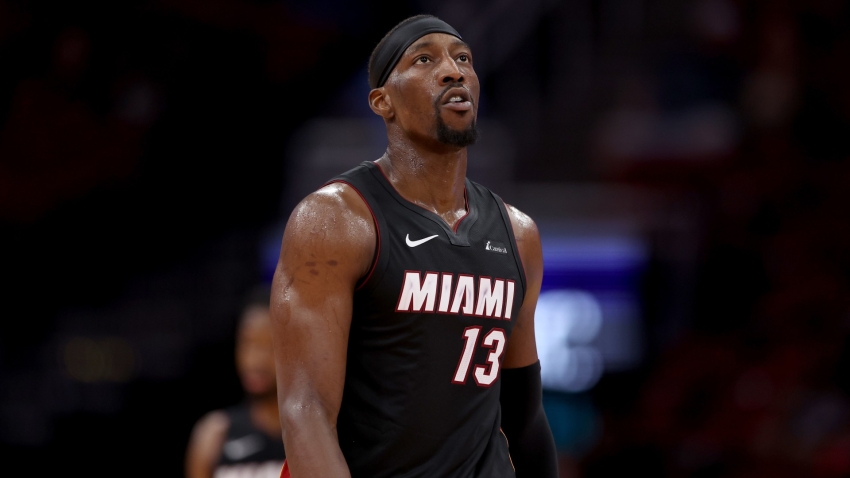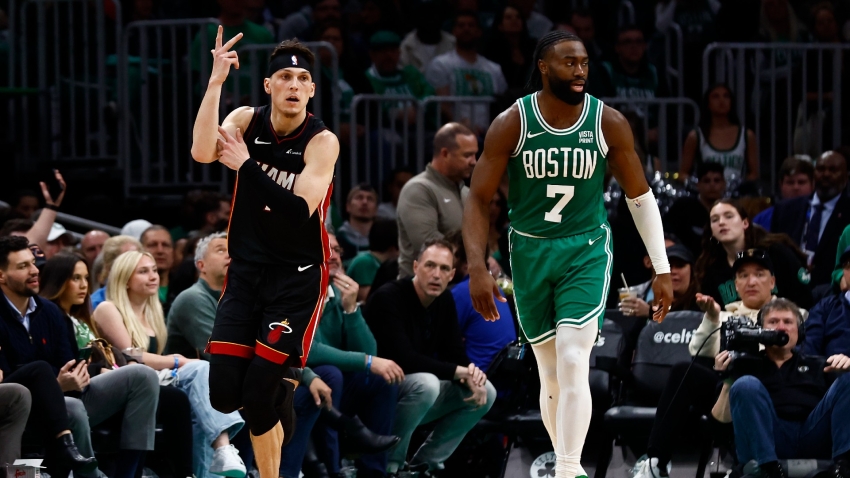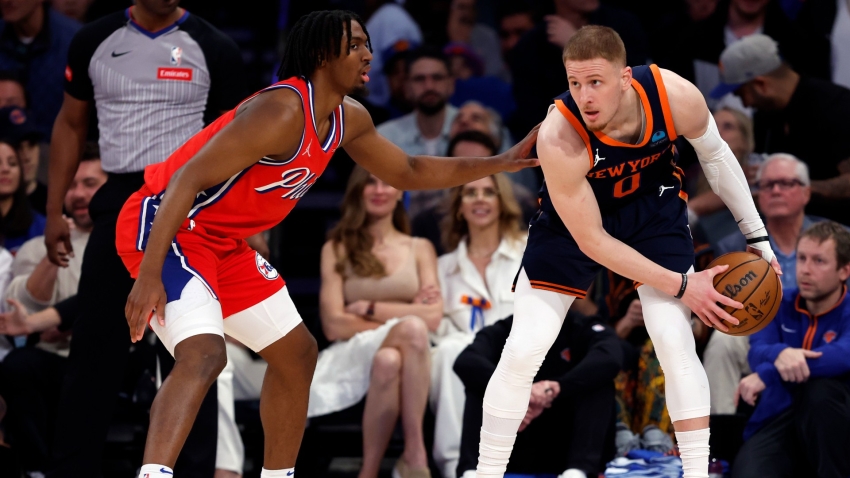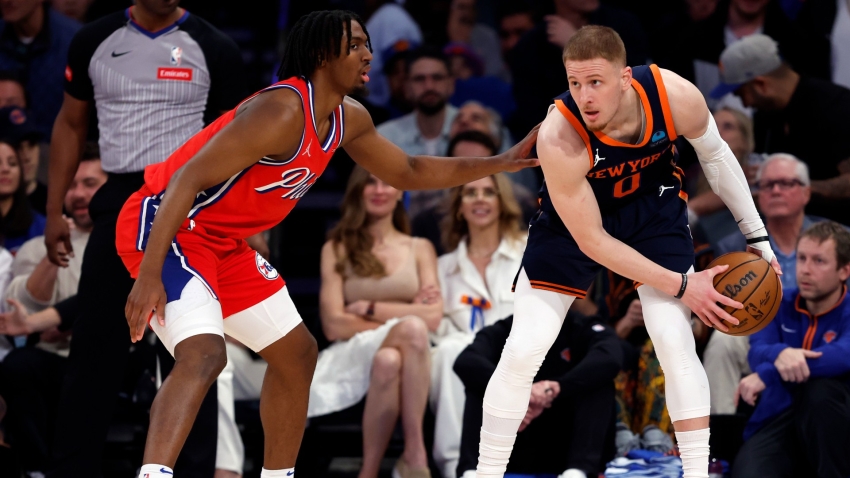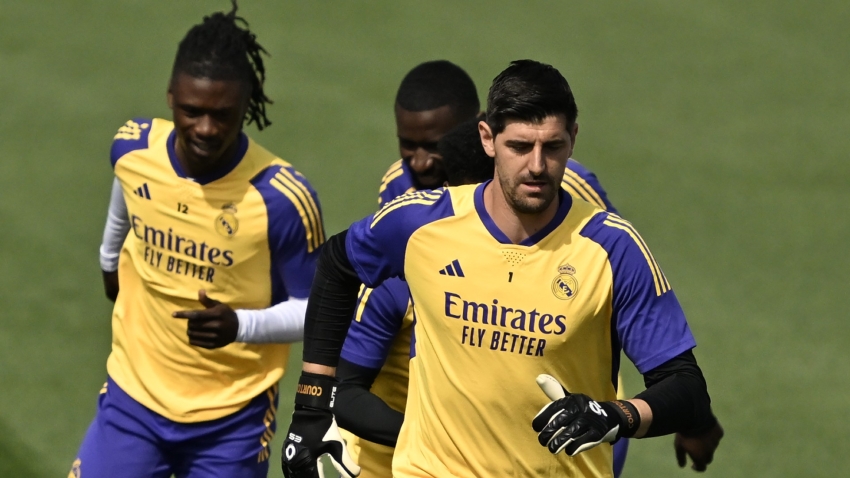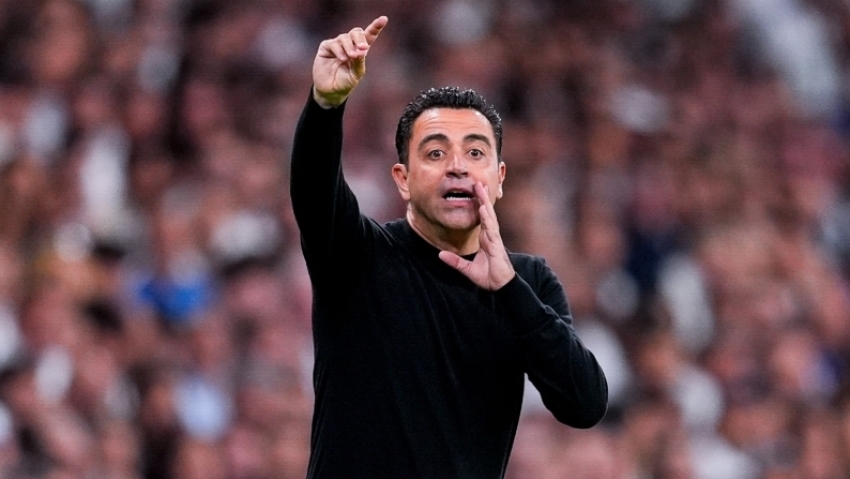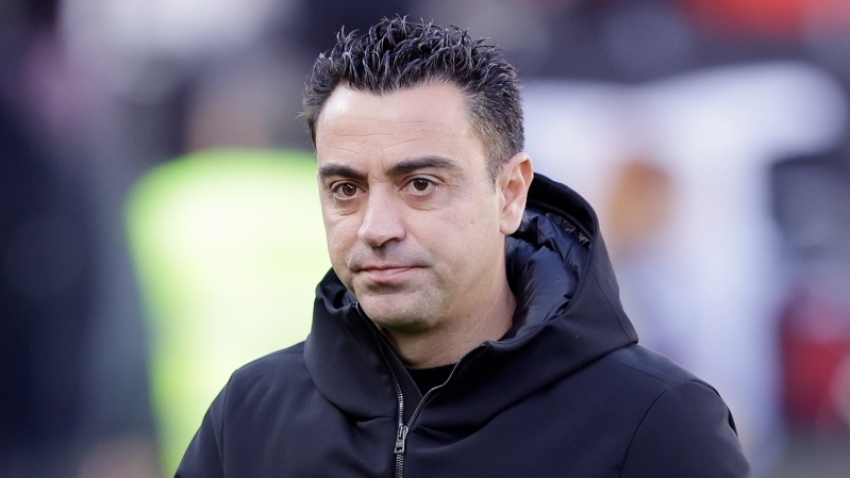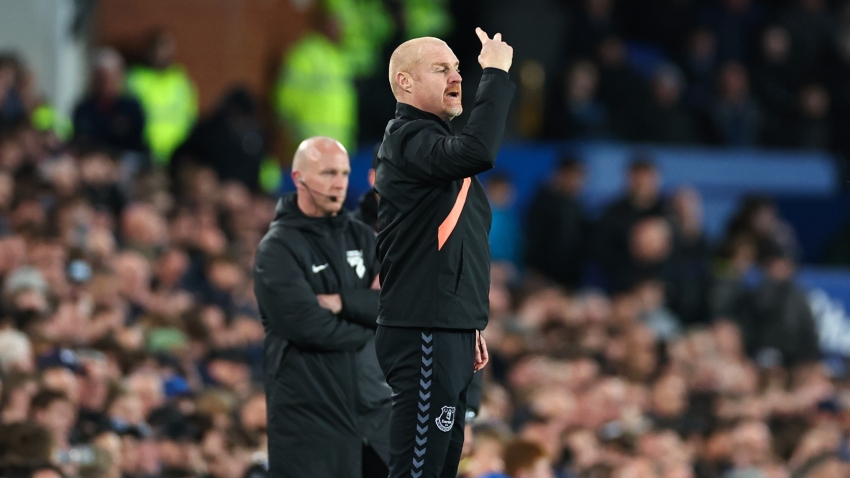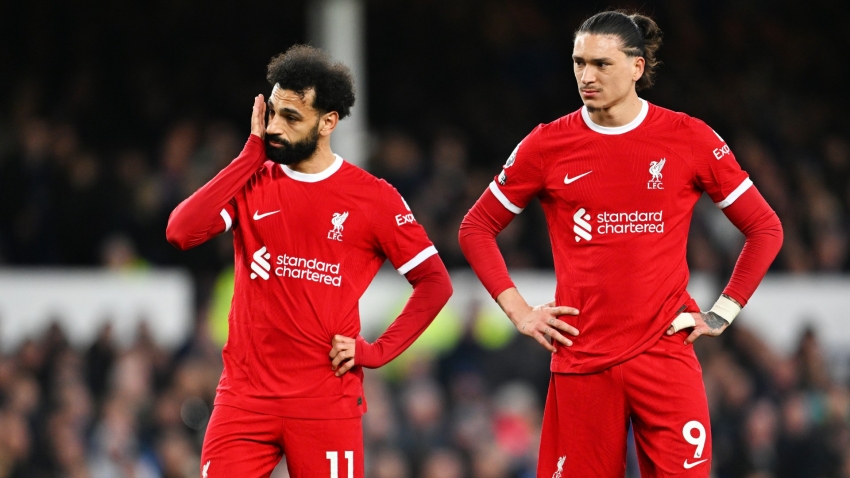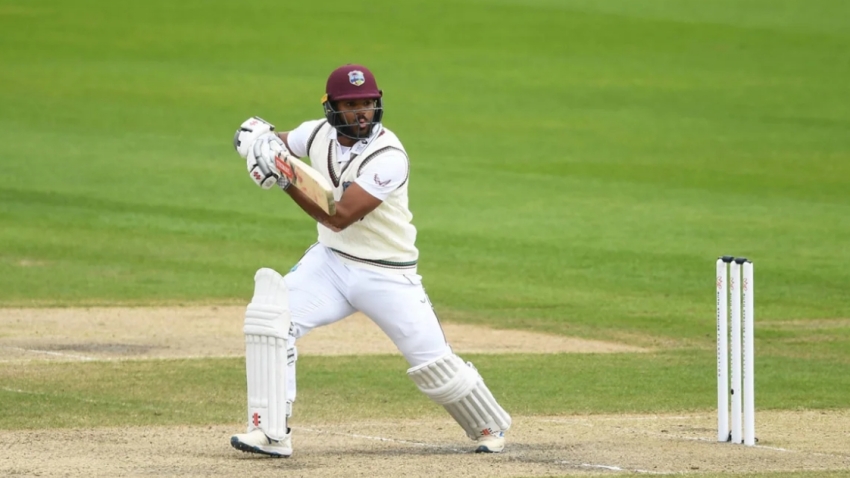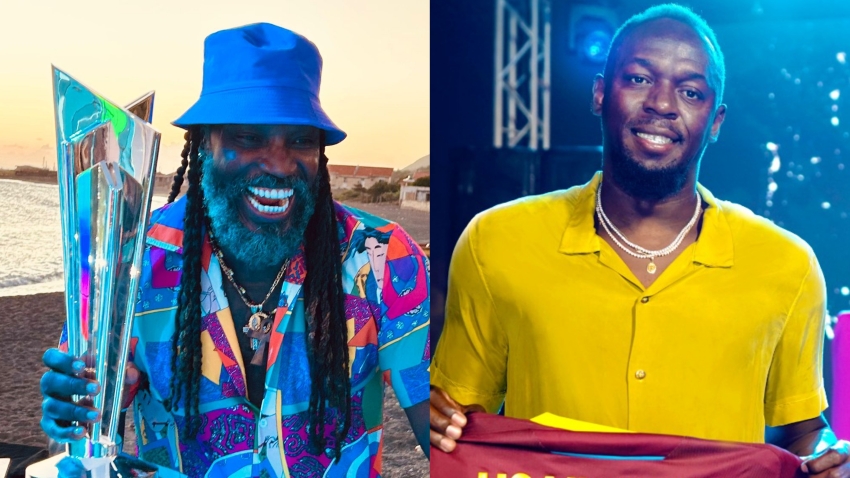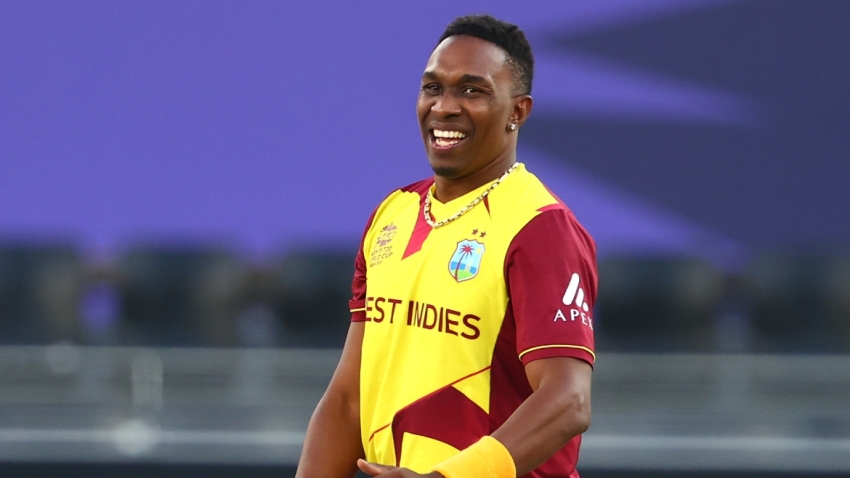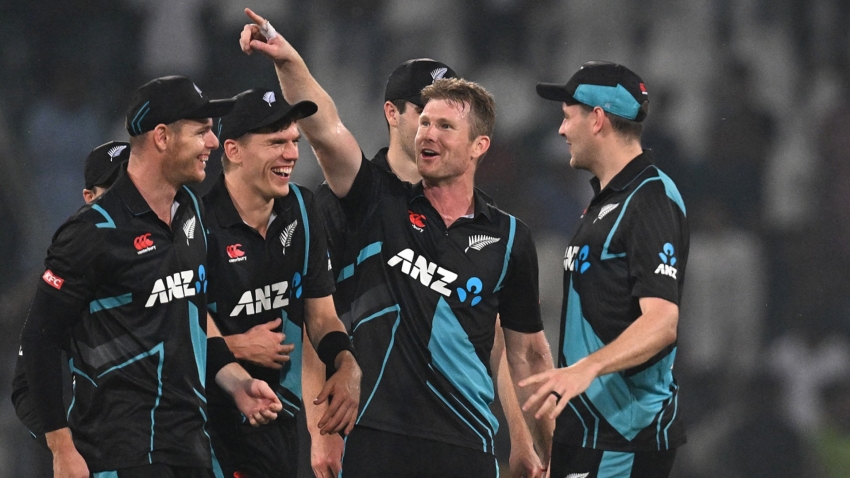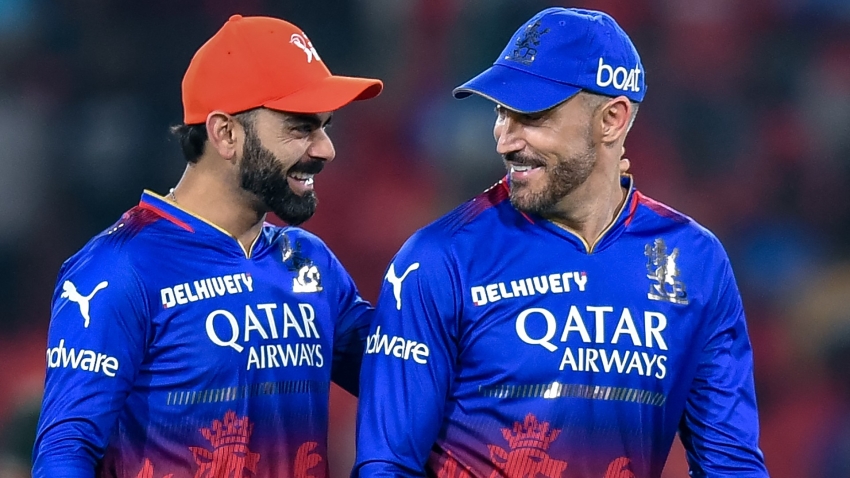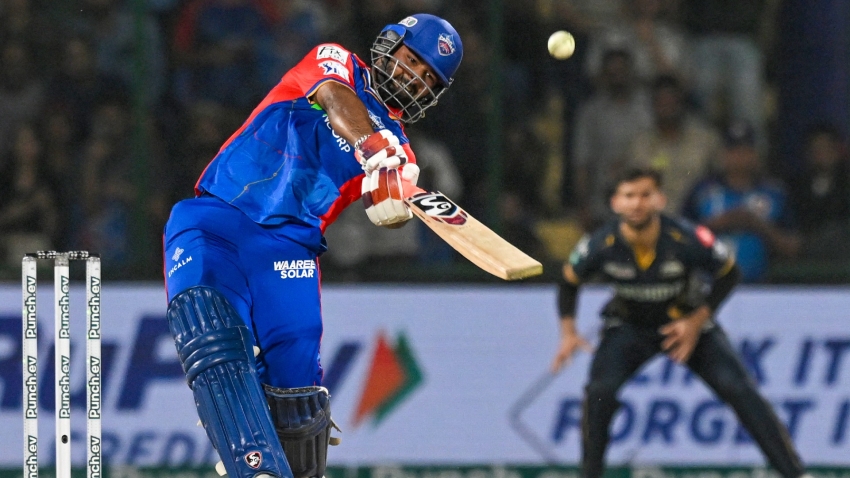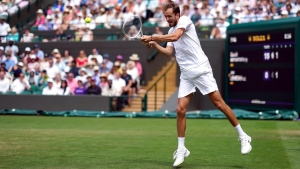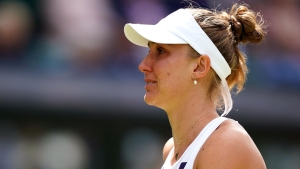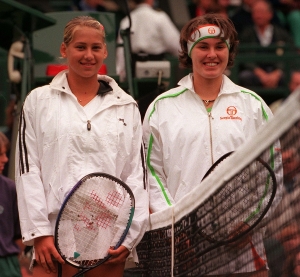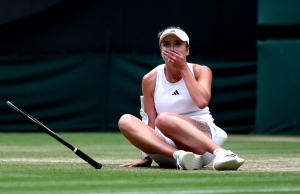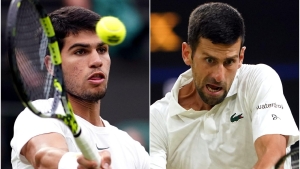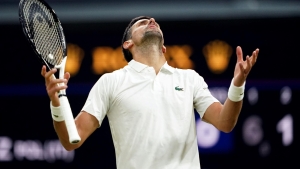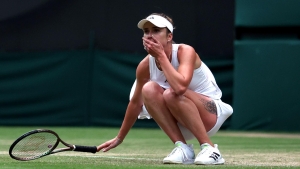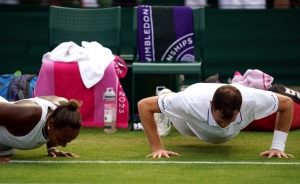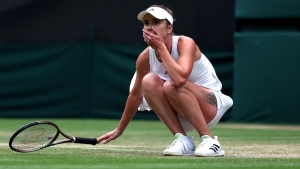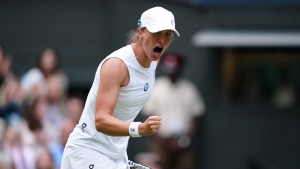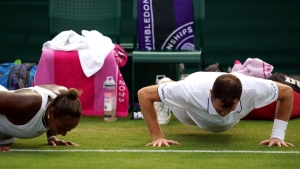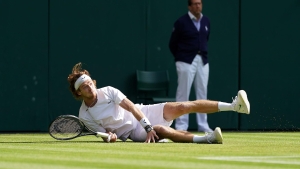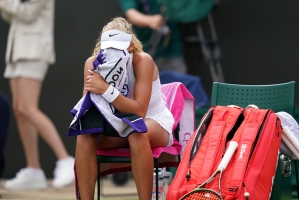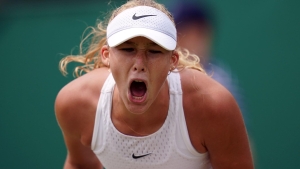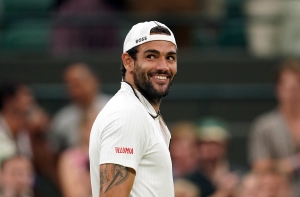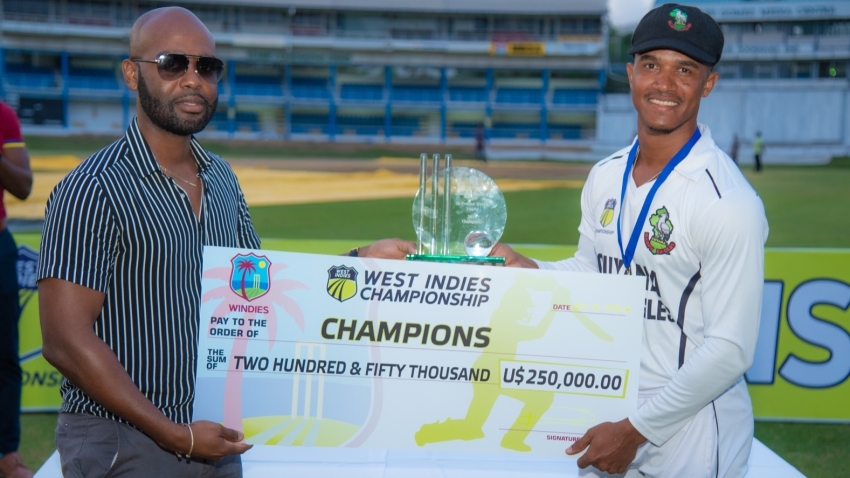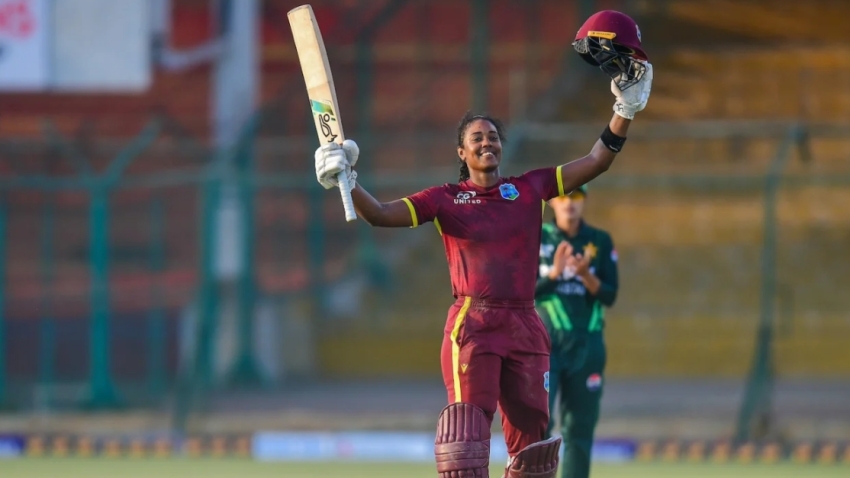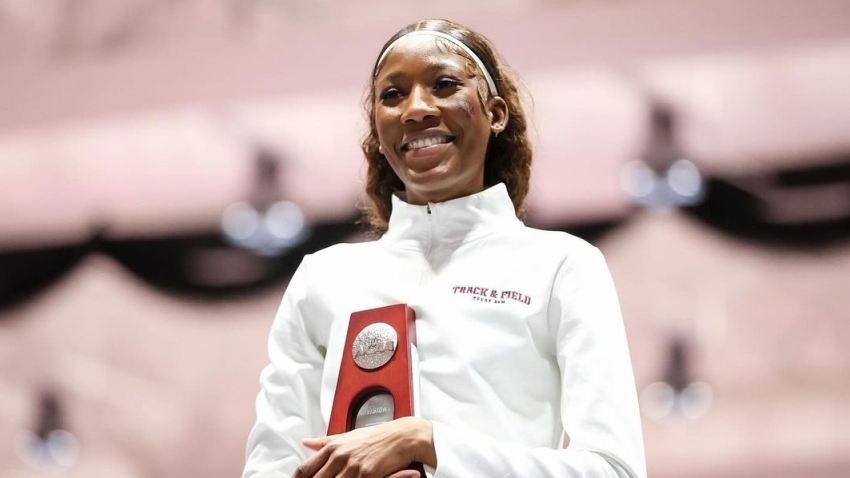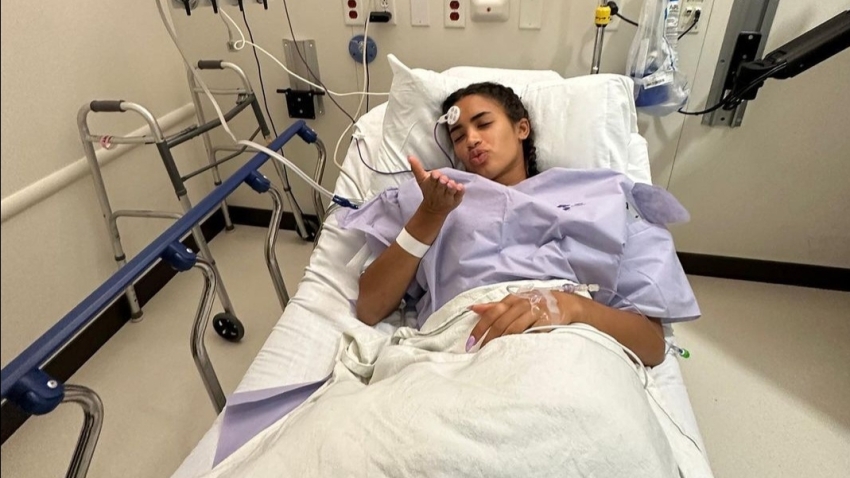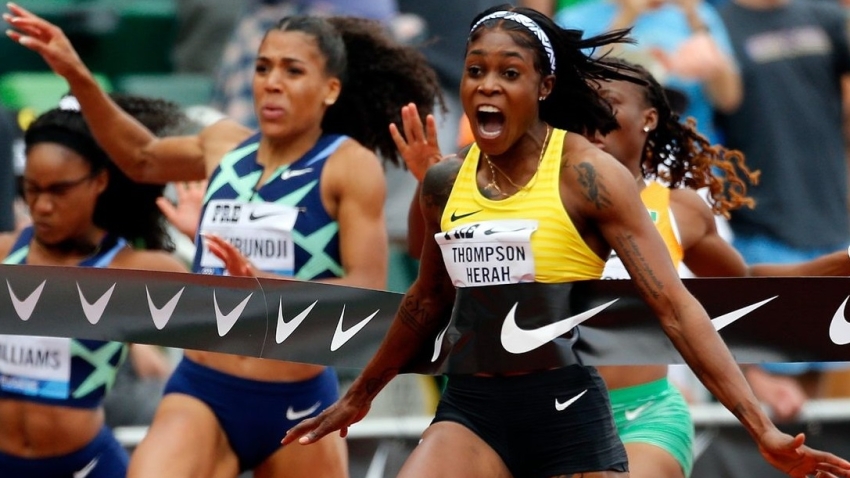Victoria Azarenka branded Wimbledon fans “drunk” and not “fair” after she was booed off court following a fourth-round loss to Elina Svitolina.
It was the first clash between a Russian or Belarusian player and a Ukrainian at Wimbledon since the lifting of last year’s ban on competitors from the aggressor nations.
The crowd, who had been overwhelmingly behind Svitolina throughout, produced a deafening roar when she clinched a 2-6 6-4 7-6 (9) victory.
The former world number three had been booed at the French Open, where she also made the last eight, for refusing to shake hands with Russian and Belarusian opponents but here it was Azarenka, who put her hand up to acknowledge Svitolina before leaving the court, that received loud jeers.
It was unclear whether the fans thought it was she who had snubbed her opponent and Azarenka gave a long, lingering stare before banging her fists together in annoyance as she walked off.
“I can’t control the crowd,” she said. “I’m not sure that a lot of people were understanding what’s happening. It’s probably been a lot of Pimm’s throughout the day. It wasn’t fair. What can I do?
“I feel like it’s been pretty consistent for the last 18, 19 months. I haven’t done anything wrong but I keep getting different treatment sometimes.
“She doesn’t want to shake hands with Russian, Belarusian people. I respected her decision. What should I have done? Stayed and waited? There’s no thing that I could do that would have been right, so I just did what I thought was respectful towards her decision.
“But this conversation about shaking hands is not a life-changing conversation. So if you guys want to keep talking about it, bring it up, make it a big deal, headlines, whatever it is, keep going.
“I thought it was a great tennis match. If people are going to be focusing only on handshakes or a quite drunk crowd, booing in the end, that’s a shame.”
The reaction was even more vociferous than in Paris, and Svitolina believes the situation should be spelled out ahead of such contests.
“I think the tennis organisations, they have to come out with a statement that there will be no handshake between Russian, Belarusian, and Ukrainian players,” she said.
“I already said multiple times that, until Russian troops are out of Ukraine and we take back our territories, I’m not going to shake hands. I don’t know how more clear I can be.”
It did not look like it was going to be Svitolina’s day when she trailed by a set and 2-0 but, spurred on by the crowd, some of whom shouted Slava Ukraini – glory to Ukraine – she mounted a comeback.
It was Azarenka’s turn to fight back from 3-0 down in the deciding set and the light was fading when they entered a tense deciding tie-break.
Belarusian Azarenka, the 19th seed, led 7-4 and looked on course for victory but Svitolina recovered to create two match points, taking the second with an ace to set up a clash against top seed Iga Swiatek.
Svitolina, who had lost all her previous five matches against Azarenka, only returned to the tour in April following the birth of daughter Skai in October, and she beamed as she said in her on-court interview: “After giving birth to our daughter, this is the second happiest moment in my life.
“It was a really tough match. When I was 0-2 down in the second set I heard you guys cheering for me and I almost wanted to cry. I was really struggling and I really wanted to win today. You guys gave me so much strength today.”
Svitolina also drew strength from thinking of the plight of her stricken homeland, saying: “I was thinking back home there are lots of people that are watching and cheering for me, I know how much it means for them.
View this post on Instagram
A post shared by Wimbledon (@wimbledon)
“Any moments that they can share of happiness. I was thinking there is tough times in Ukraine and I’m here playing in front of you guys. I cannot complain, I just have to fight. And here I am, I won the match.”
She added later: “I feel responsibility, as well. So, if I’m going out to play this match against a Russian, Belarusian, I feel of course more pressure that I need to win. That’s why it means a lot to get these kinds of wins. In my own way, to bring this small victory to Ukraine.
“I heard a lot of Ukrainian people in the crowd. This was really special. And the crowd was amazing, was a really unbelievable feeling. I think one of the best atmospheres that I ever played in.”
On a lighter note, the 28-year-old revealed ahead of the match that her Wimbledon run meant she had to give away tickets to the Harry Styles concert she had planned to attend.
“I hope Harry is watching,” she said. “I’m a big fan of his.”
Styles was clearly aware of her accomplishment as he wrote to her on Instagram: “Congratulations! We have four shows to go, you’re welcome at any of them. Good luck with the rest of the tournament.”


